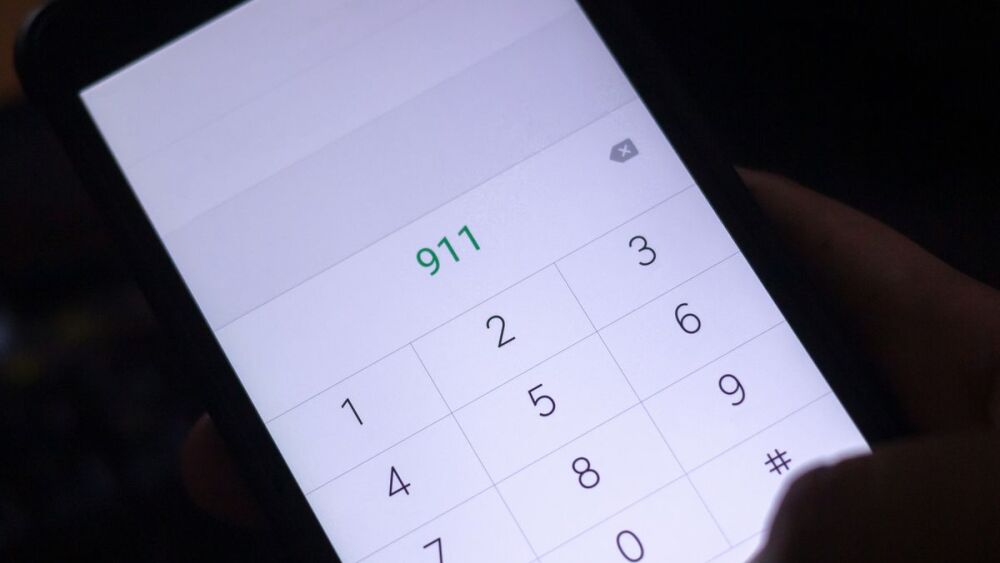Content provided by CentralSquare Technologies via GovThink.com
The Homeland Security Act of 2002 defines the term “first responder” as “individuals who, in the early stages of an incident, are responsible for the protection and preservation of life, property, evidence, and the environment.” Who better, by this very definition, can be considered a first responder than the dispatcher who is the start of everything – from picking up the phone to creating the record in the computer-aided dispatch (CAD) system with the very first keystroke to sending out the first wave of help – all while providing life-saving instructions. Dispatchers are the nucleus of any emergency event.
Changing the conversation around dispatchers
Although the Department of Homeland Security clearly defines dispatchers as first responders by its definition alone, the question of whether 911 telecommunicators are really first responders has been asked repeatedly over the last six years by public officials since APCO International initiated a revision to the 2018 Standard Occupational Classification (SOC) in 2014.
This SOC reclassification would have changed the status of emergency dispatchers from an “Administrative Support” classification, such as switchboard and telephone operators, to a “Protective” classification, such as police officers, firefighters and even playground monitors. Unfortunately, this position reclassification request did not get approved.
To mitigate an already growing list of risks, it is important to formally recognize 911 telecommunicators as first responders.
The real-life risks of a lack of recognition
Anyone who calls 911 expects a person to answer immediately and competently, provide police, fire or medical pre-arrival instructions and send help. Currently, public safety answering points (PSAPs) and emergency communication centers (ECC) are operational 24/7 every day with varied schedules that require minimum staffing levels and, more often than not, mandatory overtime to fill shift vacancies. Currently, many centers are below minimum staffing levels due to systemic retention challenges nationwide. In the coming years, there will be over 10,000 projected job openings to fill and not enough people to fill them.
This staffing shortage happens because dispatchers fail to be recognized as first responders, which equates to inadequacies in wages, working environments, training and high-risk benefits. Taking 911 calls requires significant training and competencies such as situational assessment skills and sound judgment, strong public and internal relations, teamwork and advanced multitasking skills. The telecommunicator is often responsible for dispatching police, fire and medical first responders and acts as their communication partner while on shift. This added level of responsibility and specialized training required for tactical-communication dispatch, monitoring and response creates another layer of complexity to the position. Significant shortages of available, well-trained and experienced personnel can tip the scales of competency and place the agency and its employees at higher risk for liability when providing critical services to citizens and field responders.
Dispatchers deal with intense, life-and-death situations. Dispatchers know they save lives every day in ways that go far beyond just taking a phone call, like a switchboard or telephone operator, and logging it into a complex software-tracking system. For dispatchers working in the industry, the potential for reclassification is the first step in ensuring qualified people are on the front lines of an emergency.
A promising outlook for dispatchers
The good news is that several states and agencies have begun to recognize telecommunicators and dispatchers as first responders. In 2019, several counties, including Marion County, West Virginia, and Knox County, Kentucky, passed a resolution recognizing all 911 dispatchers as first responders. In June 2019, Texas Governor Greg Abbott signed House Bill 1090 which changed the state definition of a first responder and classified dispatchers in the same way as EMS personnel, firefighters and police. Additionally, this bill allows dispatchers to have access to specialized training and other benefits that apply to all first responders. In California last year, legislation passed in Assembly Bill 1945 that recognized public safety dispatchers as first responders.
In December of 2019, APCO International announced that, although the SOC failed to support the change in reclassification in 2018, the 911 SAVES Act – introduced to the House of Representatives in March 2019 and “requires the Director of the Office of Management and Budget to review and make certain revisions to the Standard Occupational Classification System, and for other purposes” – remains alive in the House and Senate with growing bipartisan support. For more information on how to support a bill in your state and to read more on the 911 SAVES Act here.













